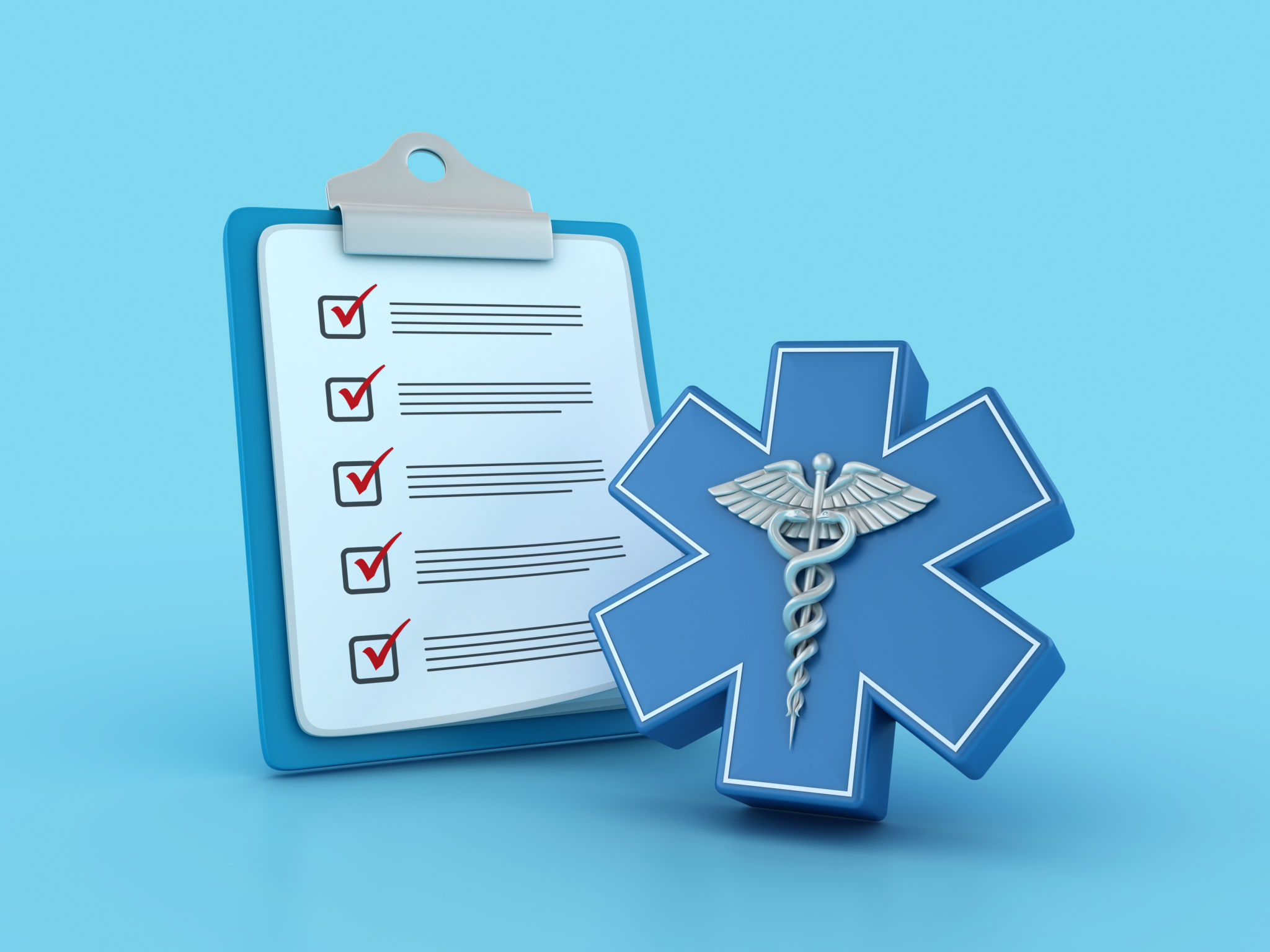Navigating Hospital Compliance: Common Challenges and Solutions
Understanding the Complexity of Hospital Compliance
In today's rapidly evolving healthcare landscape, maintaining hospital compliance is more crucial than ever. Regulatory bodies have established a myriad of standards and regulations to ensure patient safety and data security. However, navigating these requirements can be challenging for healthcare facilities. Understanding the complexity of hospital compliance is the first step toward achieving it effectively.

Compliance is not just about meeting legal standards; it involves a commitment to ethical practices, quality patient care, and ongoing staff training. Hospitals must stay up-to-date with the latest regulations, which can change frequently, making compliance a moving target. This requires dedicated resources and strategic planning.
Common Challenges in Hospital Compliance
One of the most significant challenges in hospital compliance is managing patient data. With the increasing reliance on electronic health records (EHRs), hospitals face the dual responsibility of ensuring data accessibility and protecting patient privacy. The Health Insurance Portability and Accountability Act (HIPAA) sets stringent standards for safeguarding sensitive patient information.
Another persistent challenge is staff training and education. Ensuring that all hospital staff are well-versed in compliance policies is essential but can be difficult to implement consistently. Frequent updates to compliance regulations necessitate regular training sessions, which can strain resources.

Effective Solutions for Overcoming Compliance Challenges
To address these challenges, hospitals can implement several effective strategies. First, investing in comprehensive compliance management software can help streamline processes and ensure that all documentation is up-to-date. Such tools can automate monitoring and reporting, reducing the risk of human error.
Secondly, fostering a culture of compliance within the organization is vital. This involves top leadership commitment and open communication channels where staff can report potential compliance issues without fear of retribution. Encouraging a proactive approach to compliance can prevent issues before they arise.
The Role of Technology in Enhancing Compliance
Technology plays a critical role in enhancing hospital compliance. Beyond compliance management software, hospitals can leverage advanced analytics to identify patterns and predict potential compliance risks. Implementing secure communication platforms ensures that sensitive information is shared safely and in line with regulatory requirements.

Moreover, telemedicine and remote monitoring technologies have introduced new dimensions to compliance. Hospitals must ensure that these innovations comply with existing regulations while adapting to new guidelines that emerge as technology evolves.
Looking Ahead: The Future of Hospital Compliance
As healthcare systems continue to evolve, so too will the landscape of hospital compliance. Hospitals must remain agile, ready to adapt to new regulations and technologies. Proactive engagement with regulatory bodies and industry standards organizations will be crucial in staying informed about upcoming changes.
Ultimately, by addressing common challenges with effective solutions and leveraging technology, hospitals can navigate the complex world of compliance more efficiently. This not only ensures legal adherence but also enhances the quality of patient care—a primary goal for any healthcare institution.